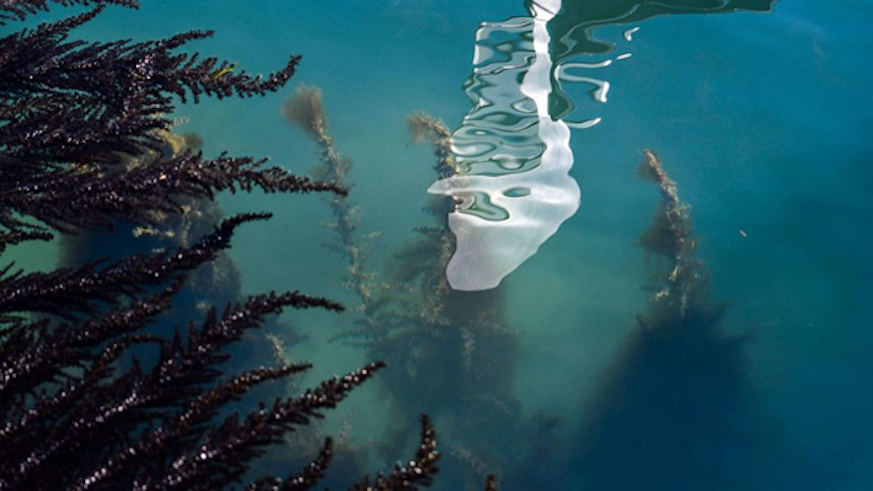Tackling the impact of future climate change on marine pollution
3 March 2021

An international team of researchers and organisations explore novel approaches to tackle the impacts of climate change on marine pollution in Europe.
Led by scientists at Cardiff University with substantial contributions from 7 organisations from 4 different European countries, the study identifies the major sources of marine pollution in Europe, and how future climate conditions may control their relative importance.
Our oceans have been increasingly affected by human activities; climate change and marine pollution, such as chemicals and debris, are among the most important pressures affecting these environments.
Already some significant climatic changes are underway, and global climate is projected to continue to change over this century and beyond. Climate models predict rising temperatures, more extreme weather events, changing ocean currents, melting ice and rising sea levels - all of which aggravate the negative impacts of marine pollution.
This novel research takes a scientific, societal and educational approach to tackle the impact of predicted climatic change on the types and volumes of pollutants in European waters, with emphasis on the confined maritime areas of the North-West Europe, Mediterranean and Black Seas. This is the first time that research has applied scientific and pedagogical approaches in a pan-European context to help educate school pupils around the world.
Dr Tiago Alves and Dr Marie Ekström, School of Earth and Environmental Sciences, modelled 43 accident scenarios using meteorological and oceanographic data for specific seasonal conditions. The accident scenarios and other data were used to promote better pedagogical and societal awareness of the impacts of marine pollution.
Through the Sea4All project, the researchers also created online education material, games and tools to promote environmental awareness and consciousness in 10–14-year-old pupils, as a priority age group, and within the educational community.
Strong environmental awareness of the impact and cost of marine pollution is a key solution to reduce the human impact of pollution on our oceans. Raising awareness through education, especially when focused on children, can encourage changes in young people's attitudes and behaviours and inspire them to take positive actions towards solving these challenges.
One of the main aims of the research was to provide the teaching community with a complete educational kit on marine pollution, so teachers and pupils can investigate marine pollution issues in school, and outdoors, in interactive, creative, and experimental ways, assisted by innovative digital teaching tools.
The results of the Sea4All project have been used in the compilation of e-learning tools and e-games for teachers and pupils primarily aged 10–14 years. This will ensure that pupils, local populations and visitors to coastal areas are educated about their impact on the marine and coastal environments and aware of the actions they can take to prevent further pollution, no matter where they live.
This research was co-funded by the Erasmus+ Programme of the European Union. The research paper is available online at Nature Scientific Reports.
